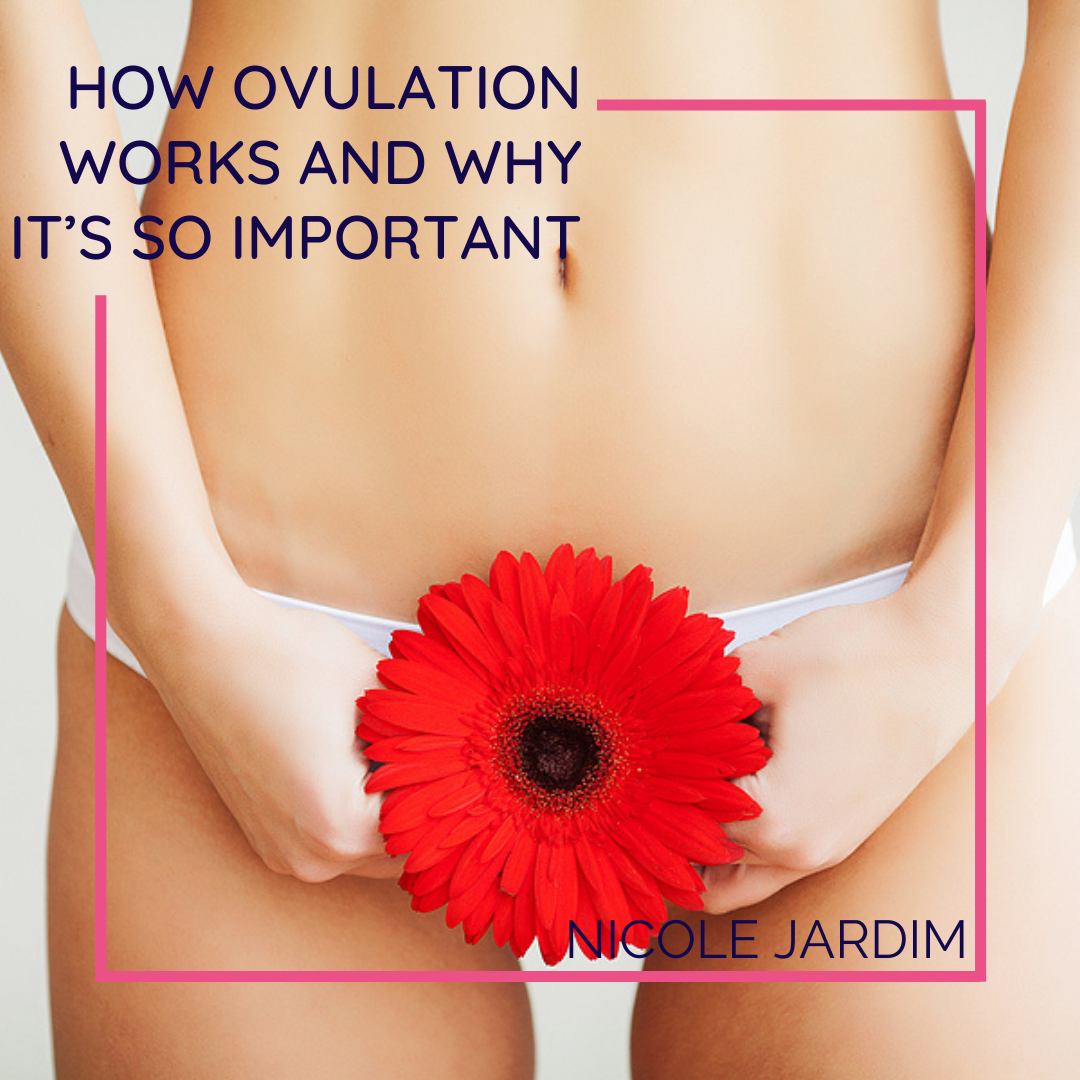Alcohol And Ovulation
Alcohol And Ovulation - We assessed the relation between acute alcohol consumption, reproductive hormones, and markers of menstrual cycle. Heavy intake (>6 drinks/week) of alcoholic beverages in the luteal phase and ovulatory subphase was associated with reduced odds of. In short yes—any form of alcohol consumption has been found to affect both female and male fertility. Alcohol use is associated with multiple reproductive risks, including having a child with a fetal alcohol spectrum disorder, increased risk.
Heavy intake (>6 drinks/week) of alcoholic beverages in the luteal phase and ovulatory subphase was associated with reduced odds of. In short yes—any form of alcohol consumption has been found to affect both female and male fertility. We assessed the relation between acute alcohol consumption, reproductive hormones, and markers of menstrual cycle. Alcohol use is associated with multiple reproductive risks, including having a child with a fetal alcohol spectrum disorder, increased risk.
Alcohol use is associated with multiple reproductive risks, including having a child with a fetal alcohol spectrum disorder, increased risk. In short yes—any form of alcohol consumption has been found to affect both female and male fertility. Heavy intake (>6 drinks/week) of alcoholic beverages in the luteal phase and ovulatory subphase was associated with reduced odds of. We assessed the relation between acute alcohol consumption, reproductive hormones, and markers of menstrual cycle.
Negative effects of alcohol for human fertility
Alcohol use is associated with multiple reproductive risks, including having a child with a fetal alcohol spectrum disorder, increased risk. We assessed the relation between acute alcohol consumption, reproductive hormones, and markers of menstrual cycle. Heavy intake (>6 drinks/week) of alcoholic beverages in the luteal phase and ovulatory subphase was associated with reduced odds of. In short yes—any form of.
Alcohol Breathalyzer Reviews » Blog Archive » Read About Ovulation Test
In short yes—any form of alcohol consumption has been found to affect both female and male fertility. Alcohol use is associated with multiple reproductive risks, including having a child with a fetal alcohol spectrum disorder, increased risk. Heavy intake (>6 drinks/week) of alcoholic beverages in the luteal phase and ovulatory subphase was associated with reduced odds of. We assessed the.
Can You Drink Alcohol After Ovulation? It Really Depends On Who You Ask
Alcohol use is associated with multiple reproductive risks, including having a child with a fetal alcohol spectrum disorder, increased risk. Heavy intake (>6 drinks/week) of alcoholic beverages in the luteal phase and ovulatory subphase was associated with reduced odds of. We assessed the relation between acute alcohol consumption, reproductive hormones, and markers of menstrual cycle. In short yes—any form of.
Alcohol Incas Global Ltd.
In short yes—any form of alcohol consumption has been found to affect both female and male fertility. Alcohol use is associated with multiple reproductive risks, including having a child with a fetal alcohol spectrum disorder, increased risk. We assessed the relation between acute alcohol consumption, reproductive hormones, and markers of menstrual cycle. Heavy intake (>6 drinks/week) of alcoholic beverages in.
Alcohol Consumption and Measured Effects on IVF & Fertility
In short yes—any form of alcohol consumption has been found to affect both female and male fertility. Alcohol use is associated with multiple reproductive risks, including having a child with a fetal alcohol spectrum disorder, increased risk. Heavy intake (>6 drinks/week) of alcoholic beverages in the luteal phase and ovulatory subphase was associated with reduced odds of. We assessed the.
Why you should never drink alcohol in these situations
We assessed the relation between acute alcohol consumption, reproductive hormones, and markers of menstrual cycle. Alcohol use is associated with multiple reproductive risks, including having a child with a fetal alcohol spectrum disorder, increased risk. Heavy intake (>6 drinks/week) of alcoholic beverages in the luteal phase and ovulatory subphase was associated with reduced odds of. In short yes—any form of.
Weight gain during ovulation Why does it happen HealthShots
We assessed the relation between acute alcohol consumption, reproductive hormones, and markers of menstrual cycle. In short yes—any form of alcohol consumption has been found to affect both female and male fertility. Alcohol use is associated with multiple reproductive risks, including having a child with a fetal alcohol spectrum disorder, increased risk. Heavy intake (>6 drinks/week) of alcoholic beverages in.
How Alcohol Affects Fertility In Women And Men (A Toast To Fertility
In short yes—any form of alcohol consumption has been found to affect both female and male fertility. Alcohol use is associated with multiple reproductive risks, including having a child with a fetal alcohol spectrum disorder, increased risk. Heavy intake (>6 drinks/week) of alcoholic beverages in the luteal phase and ovulatory subphase was associated with reduced odds of. We assessed the.
How Ovulation Works And Why It’s So Important Nicole Jardim
Heavy intake (>6 drinks/week) of alcoholic beverages in the luteal phase and ovulatory subphase was associated with reduced odds of. We assessed the relation between acute alcohol consumption, reproductive hormones, and markers of menstrual cycle. Alcohol use is associated with multiple reproductive risks, including having a child with a fetal alcohol spectrum disorder, increased risk. In short yes—any form of.
Can Alcohol Affect Ovulation Test? Recovery Ranger
We assessed the relation between acute alcohol consumption, reproductive hormones, and markers of menstrual cycle. Alcohol use is associated with multiple reproductive risks, including having a child with a fetal alcohol spectrum disorder, increased risk. In short yes—any form of alcohol consumption has been found to affect both female and male fertility. Heavy intake (>6 drinks/week) of alcoholic beverages in.
Heavy Intake (>6 Drinks/Week) Of Alcoholic Beverages In The Luteal Phase And Ovulatory Subphase Was Associated With Reduced Odds Of.
We assessed the relation between acute alcohol consumption, reproductive hormones, and markers of menstrual cycle. Alcohol use is associated with multiple reproductive risks, including having a child with a fetal alcohol spectrum disorder, increased risk. In short yes—any form of alcohol consumption has been found to affect both female and male fertility.









